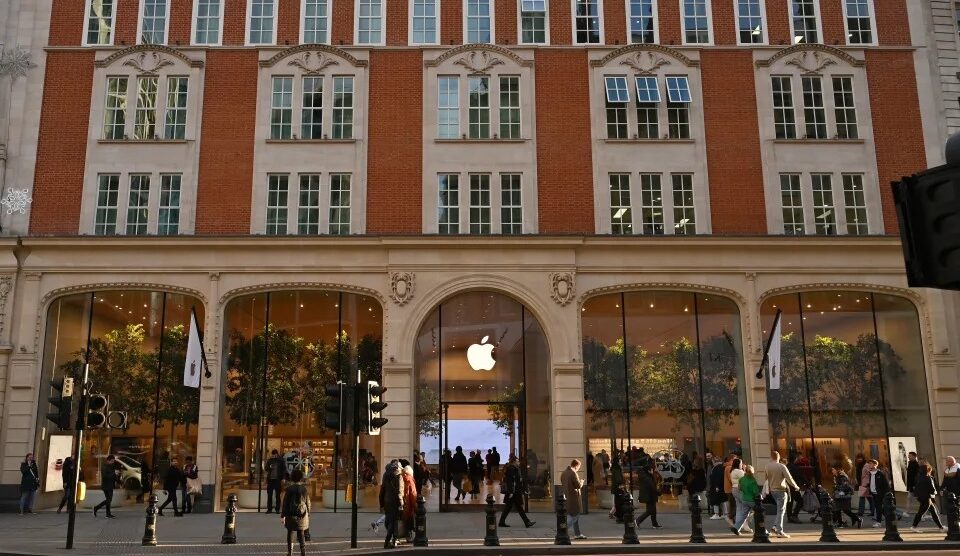Another episode ignites the continuously burning debate pitting app store governance against free market dynamics. This time European Union legislators move sending shockwaves through Apple headquarters and beyond introducing Digital Market Acts (DMA) limiting existing control firm grips regulating iOS app economy flows.
At risk lies Apple’s kingly throne overseeing App Store distribution channels, payment systems and cloud service rules many decry monopolizing and unfair. But Apple refuses ceding ground quietly. Legal war machinery mobilizes upholding status quos against forced concessions seemingly.
Today we examine disputed battleground issues, arguments levied by sides respectively and challenging outlooks ahead still as landmark policy collisions course towards courtrooms leaving much unsettled turbulence in the interim.
DMA Breakdown: What Rules Threaten Apple?
In essence, the wide-sweeping Digital Market Acts passed European Union law aim checking anti-competitive technology company behaviors like preferential self-promotion or restricting developer access tools beyond reasonable standardization logics.
Specifically for Apple, mandated App Store reforms include:
- Allowing iOS app sideloading installation beyond App Store channels
- Opening payment systems beyond Apple processing alone
- Increased cloud infrastructure interoperability cooperation
These demand relinquishing cherished marketplace controls fortifying App Store relevance and associated revenue streams drawn mandating all app transactions route Apple payment processing collecting notable percentages accordingly so far.
Catering Regional Sentiments and Models
Moreover European Commission argues legislation intentions aim protecting consumer interests and nurturing homegrown startups whom disproportionately suffer status quo policy burdens currently.
They believe recalibrating dice rolls benefiting outside established giants levels playing fields benefiting local innovation and growth uninhibited competitively.
But Apple sees quite differently predicting catastrophe awaiting terrain undergoing such volatile shakeups needlessly.
Apple Bites Back Against a Bitten Apple
Unsurprisingly, Apple refuses surrendering lightly status quo advantage fortresses reinforced over a profitable decade successfully.
They chiefly counter DMA reforms on security and consumer safety terms rather economic logistic loss threats proposed changes pose relatively.
Namely Apple argues sideloading risks increase malware proliferation, identity theft and app fraud vulnerabilities should ill-intentioned programs sneak past App Store protections as demonstrated Android struggles comparatively.
Follow the Money Too
Additionally, they warn fracturing user payments through alternative non-Apple processors risks dismantling carefully balanced app sustainability models dependent Apple’s App Tracking Transparency controls combating rampant ad targeting and surveillance prevalent otherwise funding “free” software models deceptively.
In essence, Apple wants framing DMA as jeopardizing its role upholding premium mobile computing safeties rather regulating fairly economic distribution disagreements politically primarily.
The arguments aim claiming moral high grounds hoping public sentiments sway policymaker compromises more favorably if threats appear consequential socially rather just financially debated.
Stormy Forecasts Cloud the Horizon
Looking ahead, Apple already confirmed legally challenging the DMA on several fronts across German and Belgium regional courts.
This foreshadows significantly messy multi-year legal slogs embroiling all interested parties unfortunately before dust even begins settling ushering certainty all sides crave immediately.
In the interim turbulence, developers navigating lightning rod conditions may wind burning both ends still feeling Apple squeeze market advantages aggressively rather coast apathetically accepting marginalized fates.
A Reckoning Long Overdue
However slow churning policy wheels turn directionally still seemingly. And waters calming eventually float all ships higher rather selectively we hope pragmatically.
The DMA represents latest pushback symptoms against big technology power concentration threats undermining consumer, business and regulatory interests respectively when interests misalign disturbingly.
With great power comes great responsibility still. So whether Apple accepts graceful realignment serving EU requests reasonably or not rides huge considerations guaranteed shaping digital marketplace landscapes – and Apple destiny perceptions therein – for years henceforth hanging balances.










Add Comment